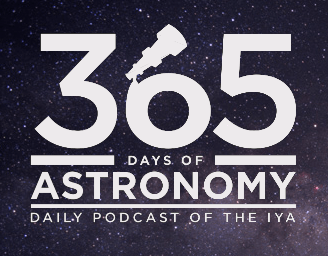
A huge part of the Solar System is just made of ice. There are comets, rings, moons and even dwarf planets. Where did all this ice come from, and what impact (pardon the pun) has it had for life on Earth?
Click here to download the episode.
Or subscribe to: astronomycast.com/podcast.xml with your podcatching software.
Ice in Space shownotes and transcript.








